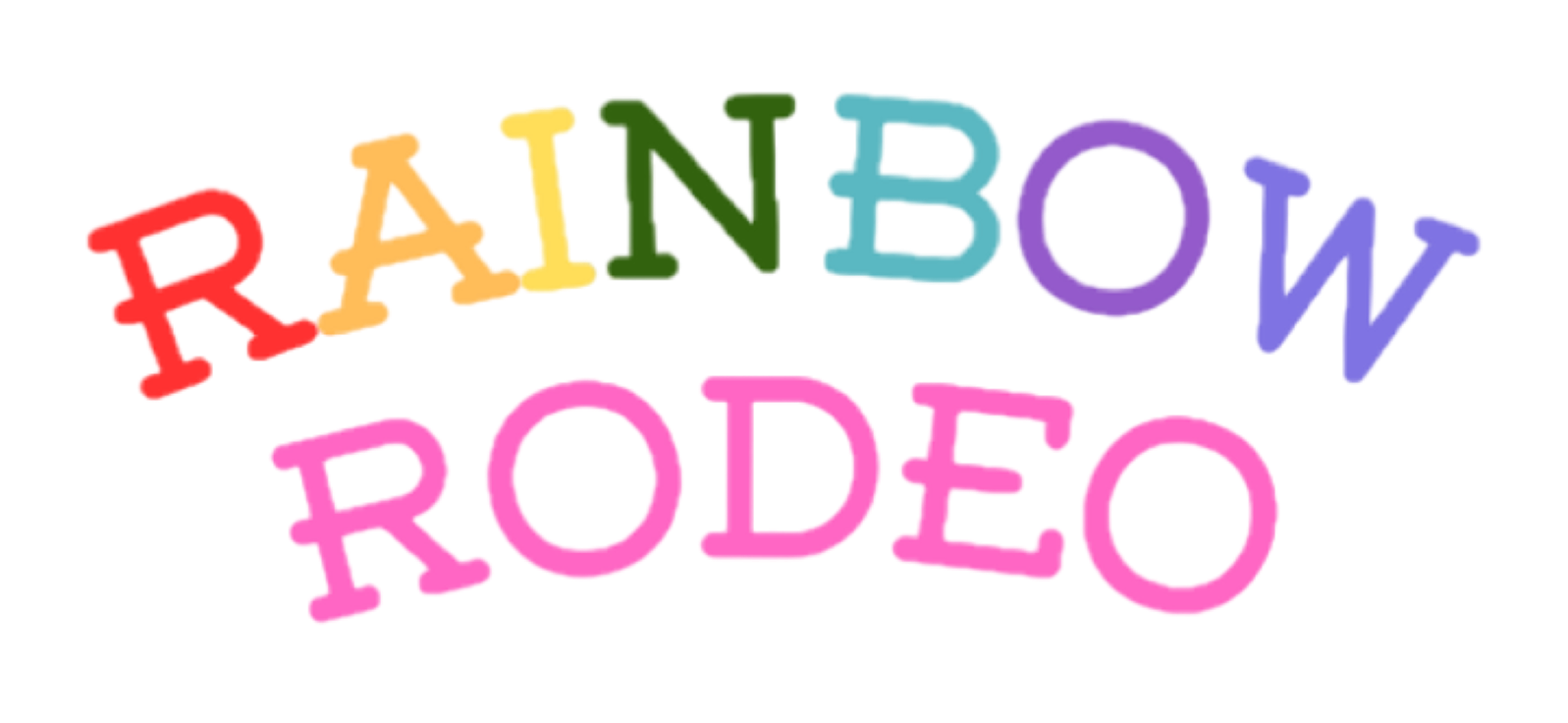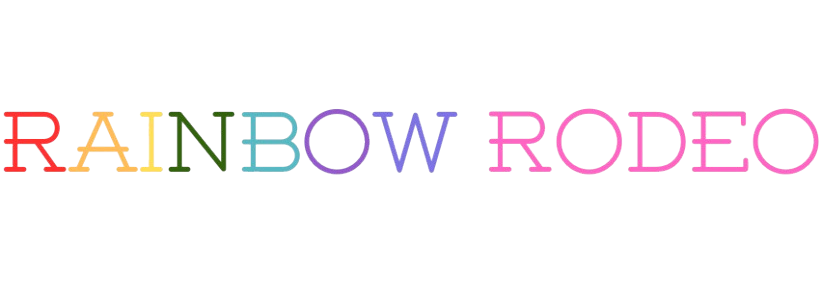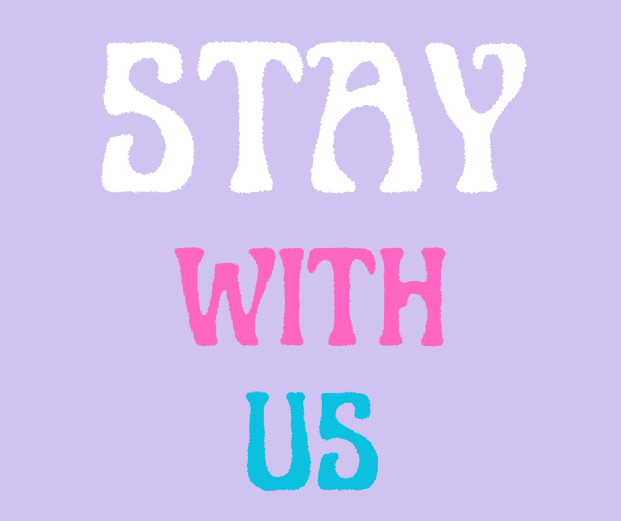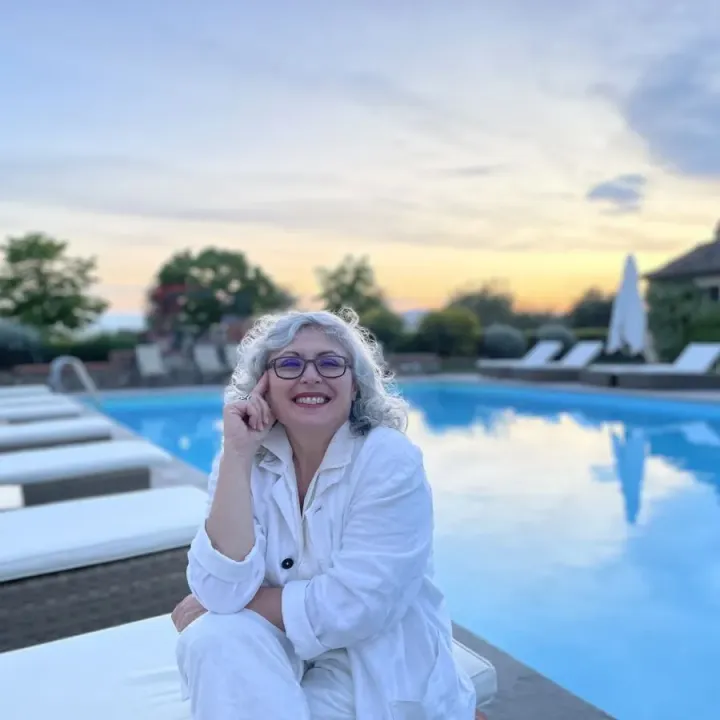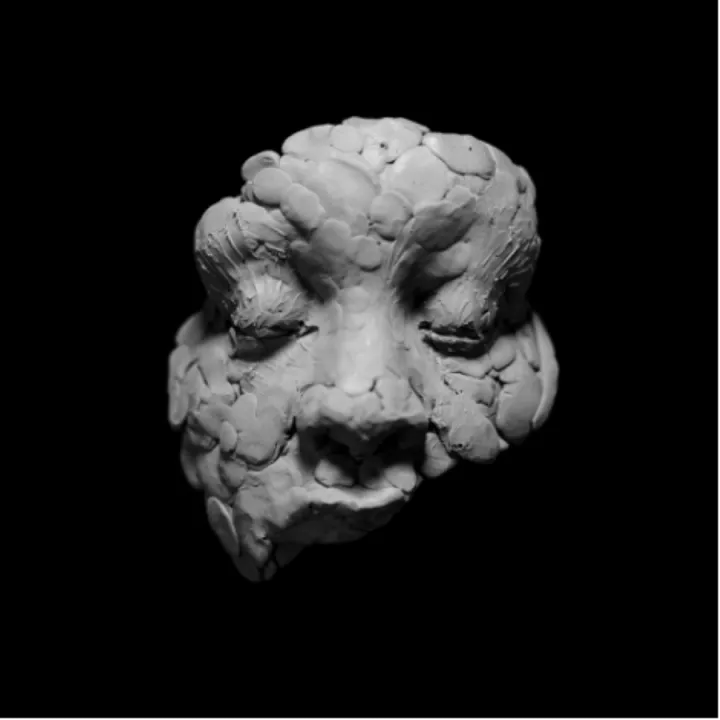PREMIERE: Julian Talamantez Brolaski Exorcises the "COVID-19 Blues"

Julian Talamantez Brolaski has been a long-standing voice in the queer country scene with their previous band, Juan and the Pines. Stepping out on their own with the upcoming solo album It’s Okay Honey, Talamantez Brolaski dabbles in all kinds of traditional roots music, reflecting their Mescalero, Lipan Apache, Latinx, and settler heritages.
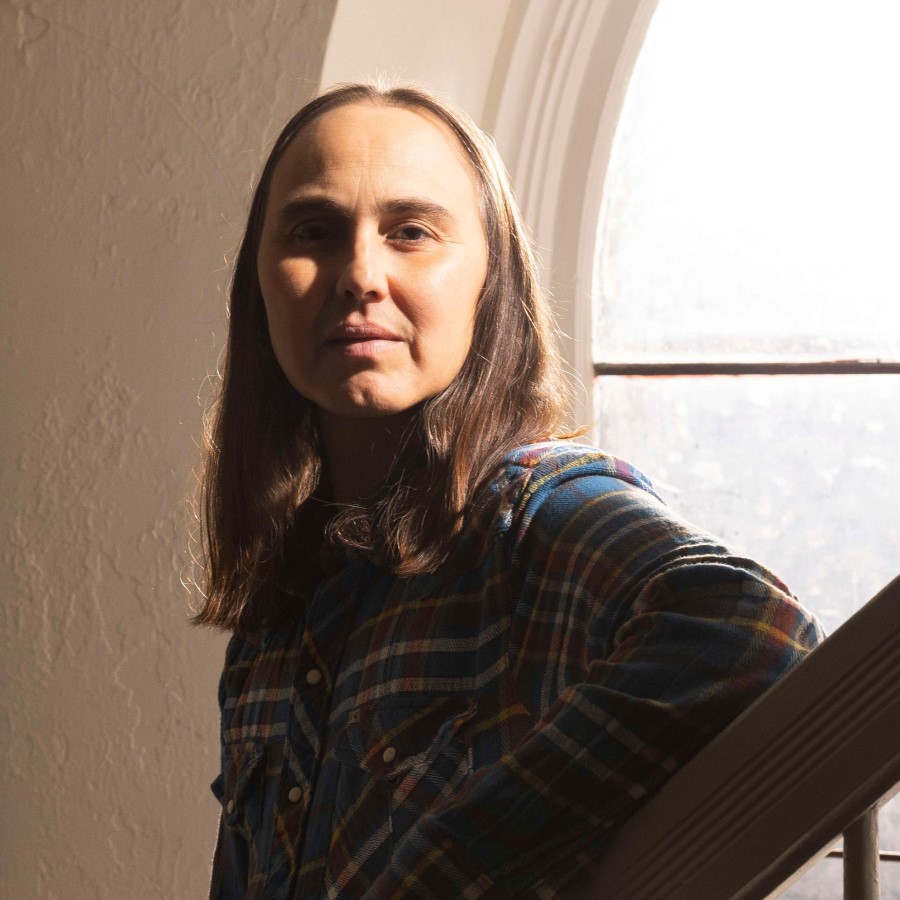
Brolaski recorded It’s Okay Honey in 2022 in Philadelphia, during a yearlong Pew Foundation fellowship-in-residence. While in Philly, they connected with a talented group of local musicians: renowned lap steel player Mike “Slo-Mo” Brenner (also the album’s co-producer), bassist Michael Frank, harmonica player and harmony vocalist Boaz Kim, composer and electric guitarist David Laganella, and drummer Mark Schreiber. For their part, Brolaski found inspiration for their guitar work in the picking style of Mother Maybelle Carter of the Carter Family; they also emulate the heartbroken yodeling of another musical muse, Hank Williams Sr., particularly in the timely “Covid-19 Blues.”
It’s Okay Honey will be out on August 4th, but Julian is crowdfunding for it now to recoup the costs of recording and publicity. You can get a sneak peek of the album with their new song “COVID-19 Blues.” The song will be out streaming on June 2nd, and you can pre-save it here.
The song title aside—because it conjures up something very obvious about the song—was there a specific thing during the pandemic that prompted you to write this song?
The germ of the song came early in lockdown in March of 2020, and I saw the beaches were being closed. My heart broke a little, because the ocean is always a place of solace for me. That is the first verse. Things get increasingly bad as the song progresses: a relationship ends. We all had to stay six feet apart from each other. And the speaker starts to feel real pain: “sometimes I think I’d rather shelter six feet under.” Sparrows fall out of the sky in a mass die-off. Then there was the murder of George Floyd, and it felt like the catastrophes of the pandemic were being multiplied. So many layers of grief and loneliness. Yes, writing and singing the song helped me. There’s something really cathartic about breaking your voice, otherwise known as yodeling. That voice break, for me, expresses a kind of heartbreak, and exteriorizing it helps it hurt a little less somehow.
How did the song come together, both musically and lyrically?
The song is in the tradition of other songs about illness, particularly “TB Blues” by Jimmie Rodgers, and “St. James Infirmary Blues,” made famous by Louis Armstrong. I also wanted to make a song in the style of Hank Williams’ “Long Gone Lonesome Blues,” where he yodels over the words rather than nonsense syllables. (His song begins “I went down to the river,” and my song begins “I went down to the ocean.” I don’t know whether that’s plagiarism, but it’s meant in the folk tradition of borrowing and homage.)
People seem to be moving on fron lockdown pretty quickly. What did you want to convey with this song?
It’s a blues song in a minor key; it’s not pretending to be anything else. It wears its heart on its sleeve. It’s an expression of pain. But through that pain, it yearns for catharsis. The line “now we gonna fly with a different weather” is a bit ambiguous; yes, there is the “different weather” of climate change, but the larger meaning of that line is about hope, and moving in a more positive direction for the earth, and the humans and the creatures who inhabit it.
How does this song fit in with the rest of your album, It’s Okay Honey?
This song fits in with the overarching theme of the album of “song as medicine.” Yes, there is misery and pain in life, and there’s love and joy, and none are avoidable. I think of country and blues music, particularly the sad songs, as like a kind of homeopathic medicine, a little of it can inoculate you against the bigger blues. To put it another way, a little bit of blues is an antidote for the blues.
You are also a poet. What is the relationship between writing poetry and lyrics?
They come from a similar place inside of me. I write from my heart, and I try to paint an emotional landscape, rather than to tell a linear story. In many ways, poetry is more free, and more fun and relaxing to write. Since I don’t write formal verse that often, the poems don’t have to fit inside of any kind of template except for the world I imagine for it. But lyrics have to function inside a musical framework, and usually some sort of rhyme scheme. So the writing of it is very precise. Not just any old word will do—it has to work metrically, rhythmically. A poem may go through continuous revision throughout its life. But because a song is sung over and over, the lyrics have to be lasting. And changing the words might mess up the other musicians. So once they’re done, the song lyrics tend to be more “written in stone” for me than poems. Of course, I’m also totally oversimplifying. Some of my poems are also songs, and all of the songs are poems, too.
It’s Okay Honey by Julian Talamantez Brolaski will be out on August 4th. You can help crowdfund its release here. You can pre-save “COVID-19 Blues” here.
